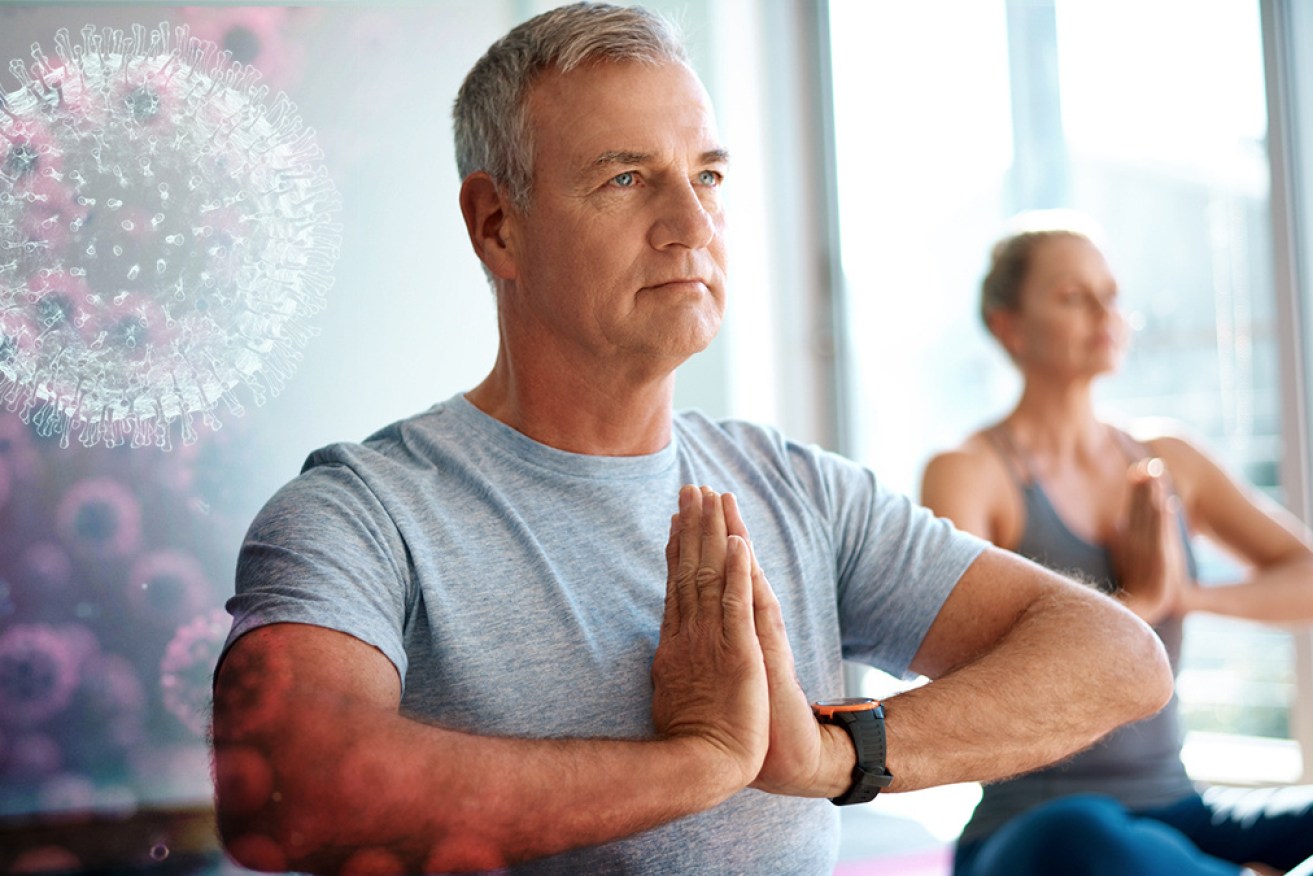How your immune system works to protect you from infection


Our immune system keeps us alive. This is how it works.
We are constantly under threat – as we drink from a glass, walk outside with the dog or hug our children.
During our daily lives, our bodies are bombarded by pathogens that can make us sick.
Viruses, fungi and bacteria that want to get into our system and mess it up.
Understanding how our immune systems work is central to staying healthy, so let’s brush up on the basics.
What is your immune system?
In short, your immune system is your body’s defence system.
It is a physiological system that protects us from internal and external threats and plays a key role in helping us stay alive, for longer.
The human immune system is made up of special organs, cells and chemicals that love to fight infections.
It also works like a logbook of disease.

The immune systems locates bad cells, like this cancer, and fights it. Photo: Getty
Humans are made up of trillions of micro-organisms, and it’s the job of our immune systems to rifle through every one of them, working out which are good, which are bad and which are nurtural.
When it’s doing its job properly, it ignores the good bacteria in our bodies and targets the bad.
Then it remembers the bad ones, to help it recognise them quickly in the future.
But because so many viruses have different strains, they can cause multiple illnesses in our lives.
The common cold is a good example of this.
COVID-19 is new, so our bodies have no memory of it, making us vulnerable to catching the virus.
How does the immune system work?
It’s complex. Our immune systems are made up of lots of parts, but the main ones are:
- White blood cells – key players, moving through your body to look for invaders
- Antibodies – help you fight microbes or the toxins they produce
- Complement system – made up of proteins that complement the work done by antibodies
- Lymphatic system – has a varied role, but can manage your fluid levels, deal with cancer cells, react to bacteria, and take out cell products that would otherwise turn bad
- Spleen – destroys old and damaged red blood cells
- Bone marrow – in charge of producing red blood cells needed to carry around the oxygen we breathe
- Thymus – produces white blood cells that fight off the bad bacteria.
When the immune system senses bad bacteria, B lymphocytes, which are specialised proteins, make antibodies that lock on to the nasty bacteria.
That way, if they ever get into our systems again, the antibodies are there to do their job.
But those antibodies can’t destroy it without help.
That is the job of T cells. They destroy antigens tagged by antibodies or cells that are infected or changed.
So when your body notices it has been invaded by something bad, it can react in a variety of ways.
For example, a rise in body temperature, or a fever, is actually an immune response.
Your immune system heats up your body because it can kill some microbes and it triggers the body’s repair process.
Why do older people do worse than younger people when infected with COVID-19?
Typically speaking, our immune systems peak during our reproductive years and then decline as we grow older.
So as we age, our immune system becomes more compromised and less able to do its job, which makes us more susceptible to getting infections.
To put it bluntly, older immune systems are weaker.
They have a harder time killing cells and a reduced ‘attention span’ so viruses can take advantage of it and overwhelm us.
Some immune systems age faster than others, and although it is not fully understood our lifestyles – how much we exercise, what we eat, how stressed we are and if we get good sleep – have a lot to do with how quickly they age.
What threatens your immune system?
Fighting pathogens is hard work.
We can help make it easier, or we can make it difficult for our bodies.
Drug use, drinking and smoking will all help shorten the life of our immune systems, and thus our lives.
Smoking is the biggest most avoidable threat to your immune system.
What are the best tools to boost your immune system?
You might have heard that rubbing garlic into your eyes or putting sage between your toes of a night helps boost your immune system.
But unfortunately, there is no quick fix.
The only things we know for certain that help boost its strength and ability to fight off bad bacteria are exercising, eating right, sleeping well and managing our mental health.








